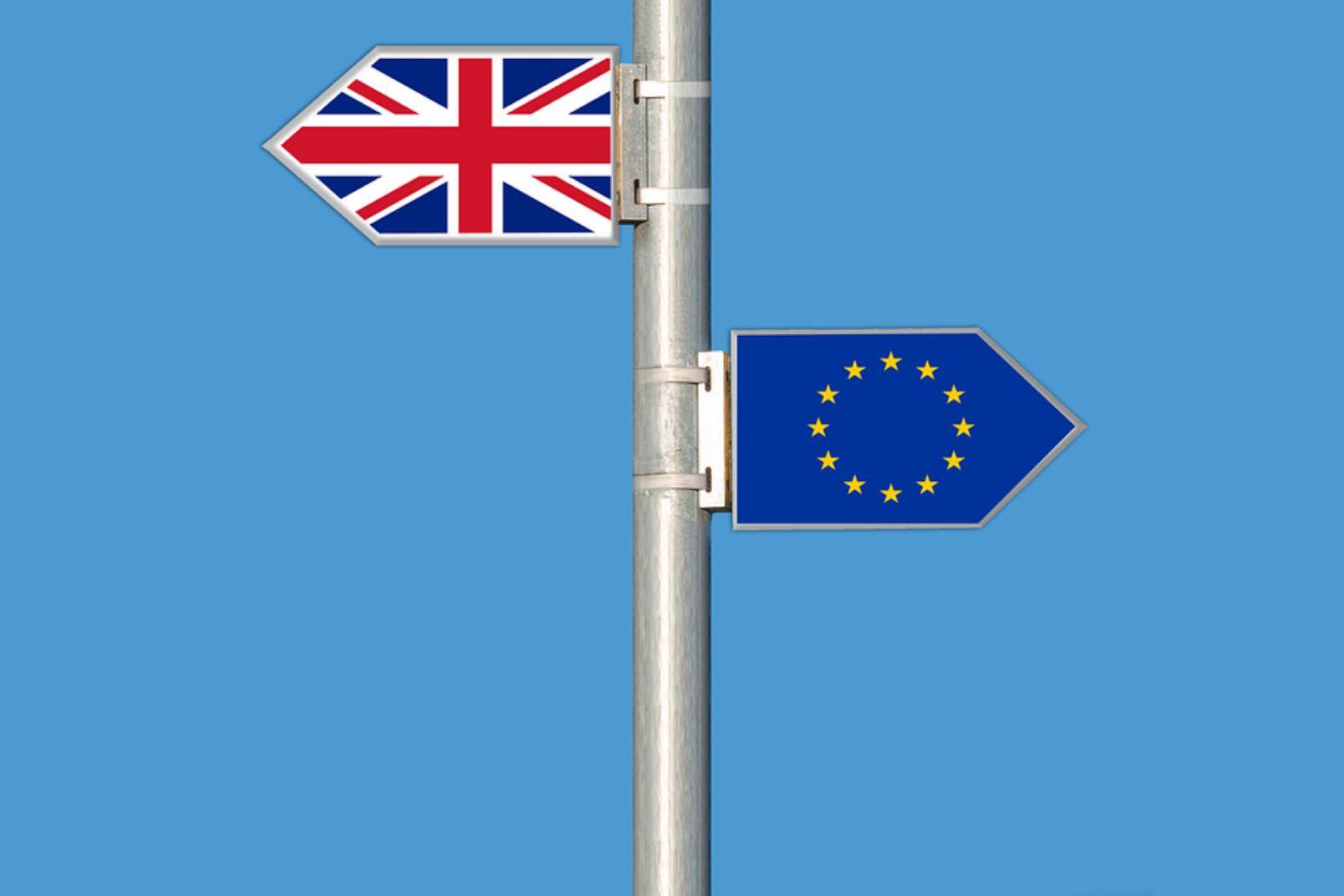
EU wants right to curb UK single market access during transition
A leaked document has revealed that the European Union wants the power to restrict British access to the single market during a transition period after Britain leaves the bloc.
The option was contained in a footnote of the legal text prepared by the European Commission on the two-year transition after Brexit. It proposed restrictions on single market benefits as a remedy if the Commission determines that it would take too long to take Britain to the European court to settle a dispute.
"The Governance and Dispute Settlement Part of the Withdrawal Agreement should provide for a mechanism allowing the Union to suspend certain benefits deriving for the United Kingdom from participation in the internal market where it considers that referring the matter to Court of Justice of the European Union would not bring in appropriate time the necessary remedies," said the footnote of the text, seen by Reuters.
Britain is due to leave the EU in March, 2019 but remain in the single market during a transition period, set to run until the end of 2020.
Disputes between the EU and Britain during the transition period are to be settled by the ECJ, EU's highest court.
But the legal process may take a long time, by the end of which Britain may no longer be bound by EU laws which are to apply in full only until the end of the transition. The clause would give the EU a stronger hand in enforcement of the deal.
"It has always been part of our discussions. If we can't enforce our agreement, it's worth nothing. That's in both sides' interest," one EU diplomat said.
The draft legal text, which has yet to be approved by EU governments, will be part of the withdrawal treaty that will regulate the terms of divorce between Britain and the EU and the rules for the transition period after Brexit.
The text reiterates that from March 30, 2019 to Dec 31, 2020, Britain would be fully bound by all EU laws but will no longer be part of the decision-making process of the Union.
From March 30, 2019, the British Parliament will no longer be considered a "national parliament" under EU law, nor will the Bank of England be part of the European system of central banks.
British officials may, on a case-by-base basis, be invited to attend meetings in the European Parliament, Commission or the Council of EU ministers when British presence is necessary and in the interest of the EU, such as in the case of agreeing fishing quotas.
Britain will be able to negotiate new trade deals with other countries, but cannot put them into effect during the transition period, unless authorised by the EU, which as a rule negotiates all trade deals on behalf of all of its members.
Published: by Radio NewsHub